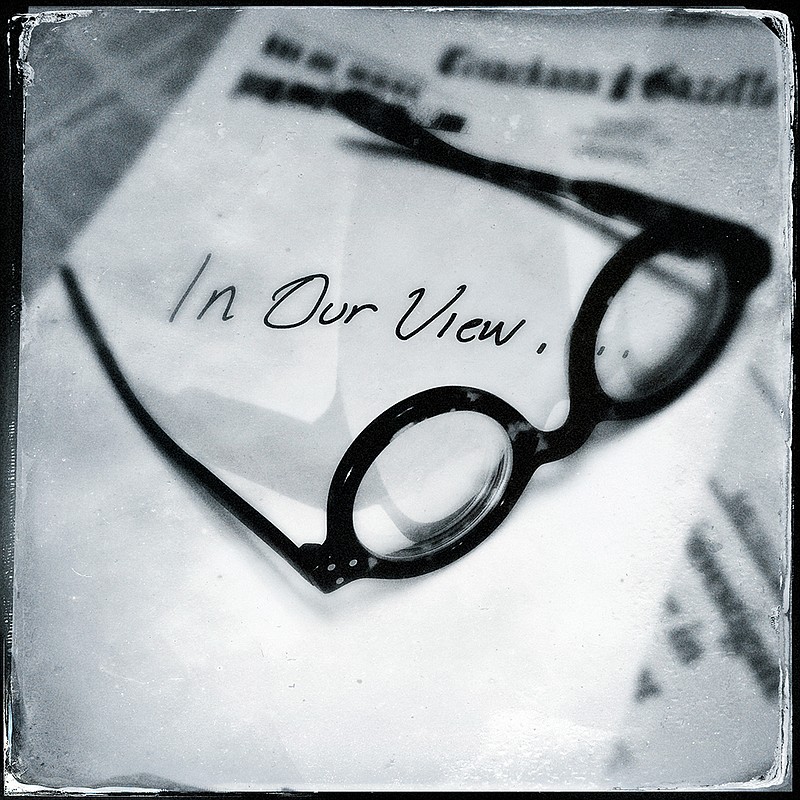This week the Texas Legislature sent a bill to the governor that, if signed, could result in better cellphone service.
The bill allows cell companies use of public right of ways for "small cell nodes," which allow 5G technology and provide faster data speeds.
The nodes also improve cellphone reception and transmission in crowds.
The Legislature and cellphone companies say this will benefit Texans. But not everyone is happy. Larger cities, for example.
It's not that cities like Dallas are against better service. Not at all. They just want cell companies to pay for the privilege of providing it.
Right now Dallas charges utilities such as cable and gas as well as cellular phone companies $1,000 a year for each use of a public right of way. And raising the fee to $2.500 a year is on the table.
Unless the bill becomes law, that is. The legislation caps the fee at $250 per node. Dallas-which would have about 10,000 or more nodes-and other cities say that would cost them millions in revenue. Cellphone companies say that's nonsense, since many more of the smaller nodes are needed than older, larger devices. More nodes mean more revenue overall, they argue.
In our view, it looks like the cities are getting greedy here, wanting not only more nodes but to grab as much money as they can from each of them. No doubt that cost would be passed on to the subscribers. That's not good for the "public" who, in the end, actually own those rights of way.
The smaller nodes mean better cell service for Texans. And while the cities should charge a reasonable fee for using public rights of way, the new technology should not be seen as a revenue well to draw from over and over, in ever-increasing amounts. We support the legislation and the fee cap. We encourage the governor to sign the bill.

